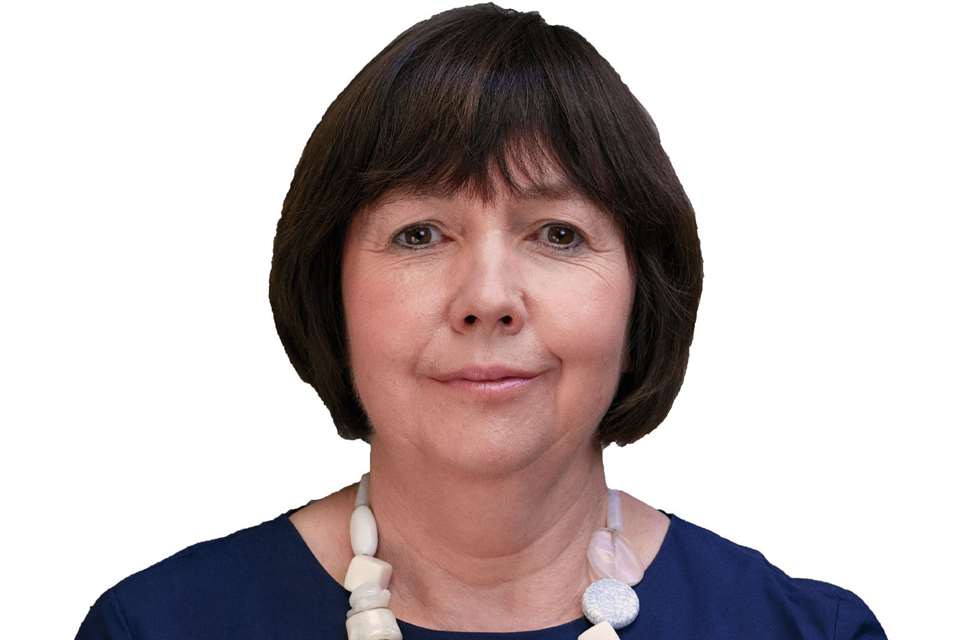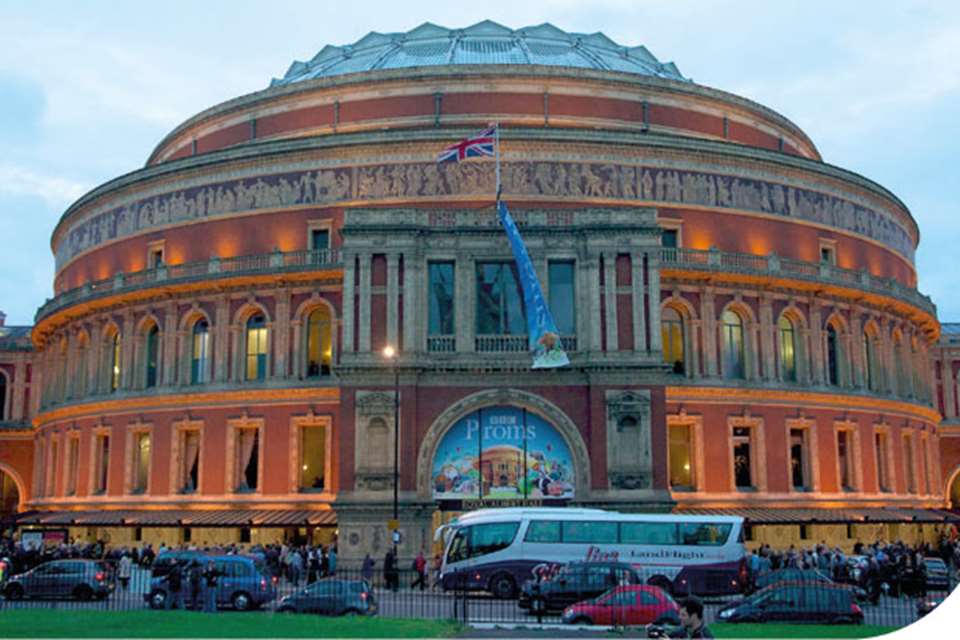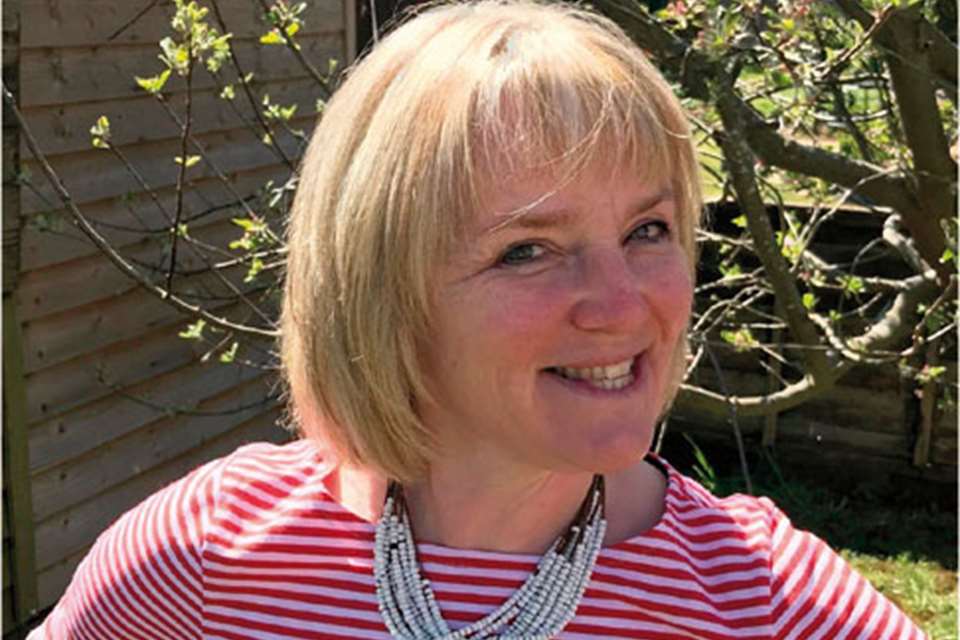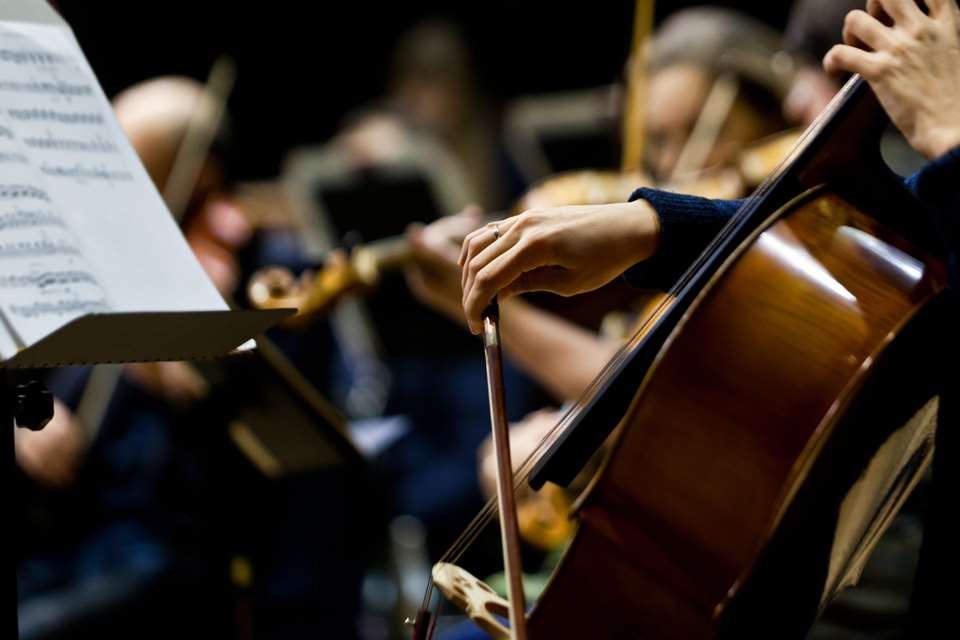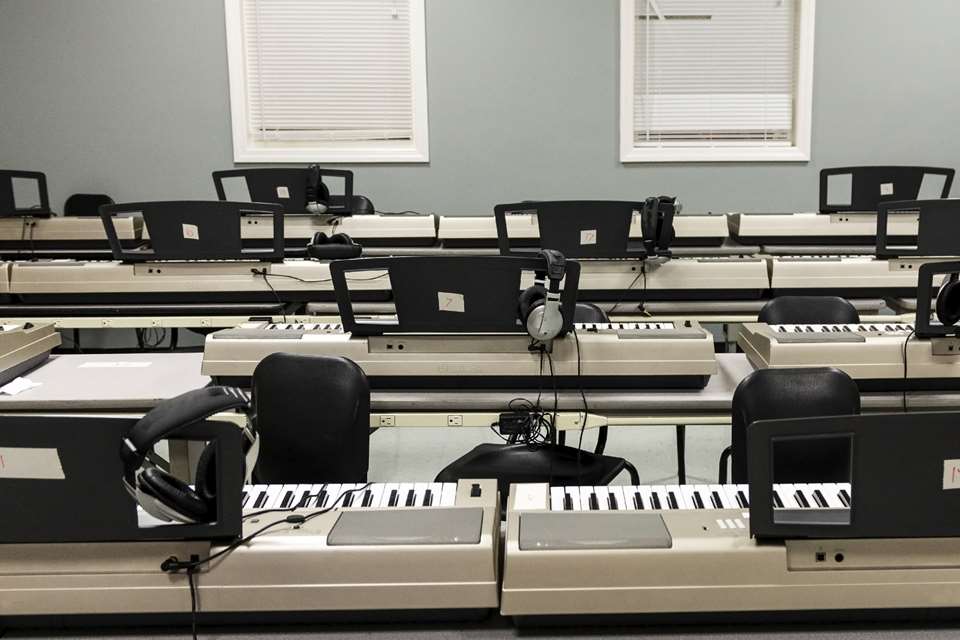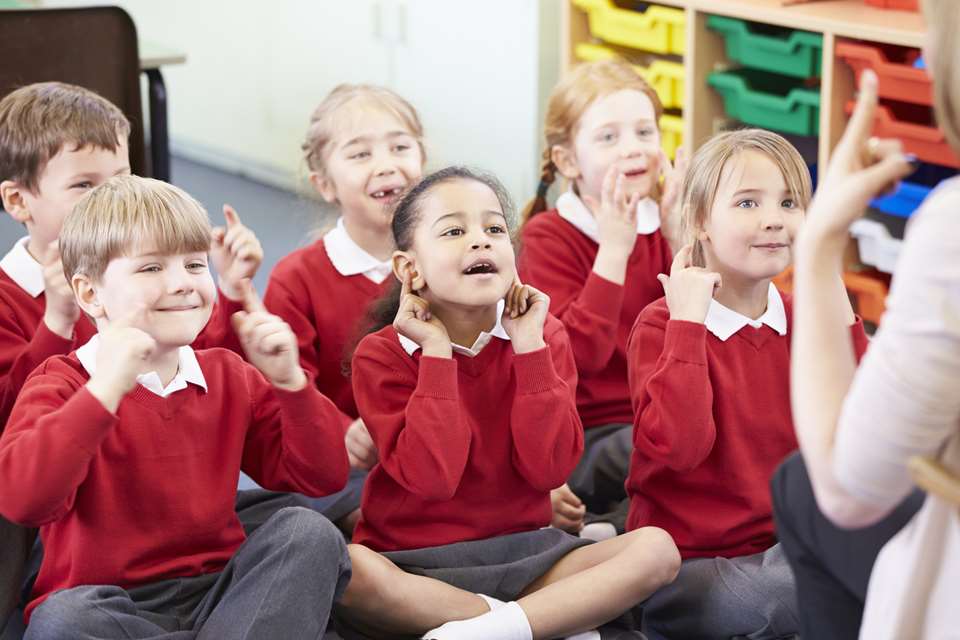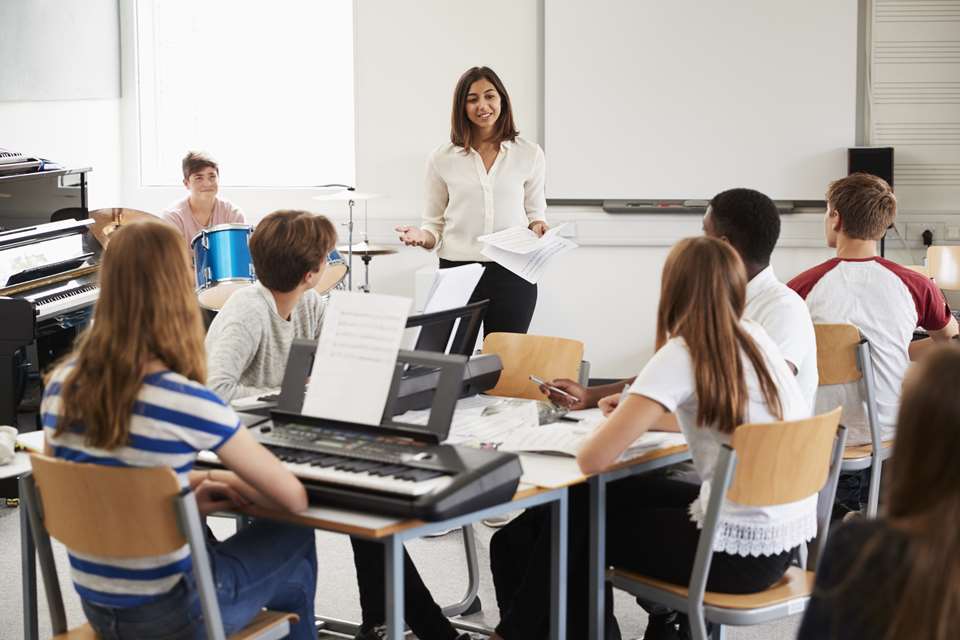Opinion: 'We need stronger teacher-community partnerships'
Matt Griffiths
Wednesday, December 1, 2021
We all know that music education needs more funding. But it also needs collaboration, bold thinking, and meaningful partnerships between teachers and community providers, writes Matt Griffiths, chief executive of Youth Music
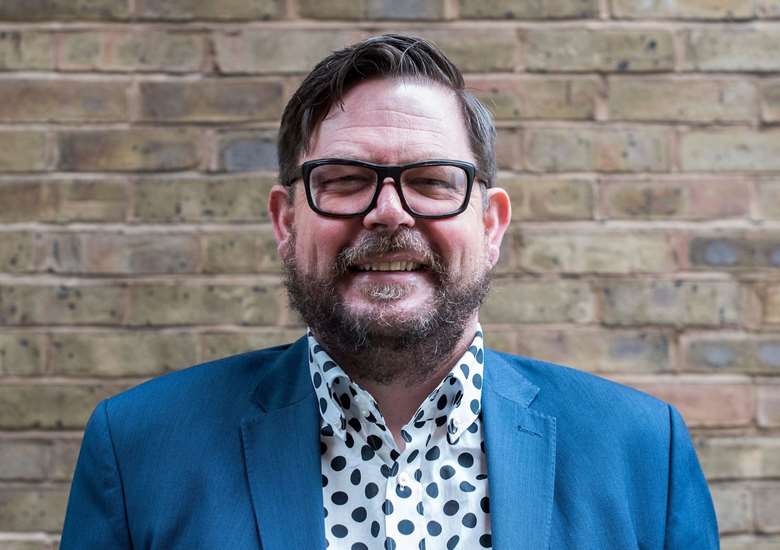
Courtesy Youth Music
Music has the power to give young people a voice; in particular, those who often go unheard. They have much to say about their lives and how things could be different, communicated through their music.
The ongoing pandemic has reinforced how transformative music is for young people. Teachers don’t need to be reminded of the wide-reaching benefits of music on children and young people’s social and emotional development, from numeracy to literacy and creative skills, to building resilience, and supporting mental health and wellbeing.
At Youth Music, we hear inspiring stories about how music changes lives every day, but often it is taken for granted. Millions of people consume music daily without seeing the ecosystem of educators, community leaders and musicians who dedicate their time to engaging, inspiring, and teaching the next generation. For people outside of the profession, it’s easy to overlook the value that music brings society.
Now more than ever, services need proper funding and investment – without it, the whole ecosystem collapses. But spending on youth services in England and Wales has been cut by 70 per cent in real terms in less than a decade, with the loss of £1bn of investment resulting in zero funding in some areas. This has gone hand-in-hand with cuts to mental health provision and community arts programmes.
While there is still money for music education, since 2012, local authority music services have had to work with much tighter budgets, and funding tends to be piecemeal. Many don’t receive funds until a few months ahead of time, making it incredibly difficult for teachers to plan for longer than the next 12 months.
Plenty to play for
That said, we are in a unique position and now have a real opportunity to further improve how we deliver music education. The National Plan for Music Education (NPME) is currently being refreshed by a panel of expert advisors who will ‘help to shape the future of music education’. The NPME follows and will be informed by the consultation response on music education, which drew together the views of young people, parents and carers, teachers and headteachers, employers, and education leaders in hubs and other music services to look at the current provision of music education, access and equality.
The original NPME encouraged partnership working at every level – hence the idea of Music Education Hubs – and organisations working as a joined-up collective. Despite what might seem like a gloomy situation, given the disruption caused by the pandemic, even in the most challenging of circumstances there has been great progress.
However, there is still more that can be done to make sure we’re reaching and engaging those children and young people who are experiencing the most significant barriers.
What this looks like in practice
Part of the NPME refresh involves looking at progression routes for young people, the quality of which rely heavily on collaborative working between educators and community providers. There’s a huge opportunity and a great need to draw on young people’s existing musical tastes and listening habits to ignite their passion in and out of the classroom. COVID-19 has meant that home, community, and school life have become closely intertwined. And so, now is the time to capitalise on this to understand more about young people’s musical interests and passions.
Local partnerships can offer opportunities for progression, support young people’s wellbeing, and raise awareness of the full range of music-related career paths. But, as was identified by Youth Music’s four-year research project Exchanging Notes, they are also a win-win for all partners, including schools, Music Education Hubs, the music industries, multi-agency partners, and local music-making projects.
Time for bigger, bolder thinking
By thinking beyond the school gates and building stronger relationships with community providers, teachers and students benefit from an inspirational and varied music curriculum. The social and emotional impact of music education is greater; the industry talent pipeline grows and is more diverse; young people get better access, and their lives in music are better connected in and out of school.
Music is magic, but it requires investment from the government in the ecosystem that makes it happen; in youth services and community projects; and time in the curriculum. But crucially, it requires collaboration, bold thinking, and strong teacher-community partnerships.


